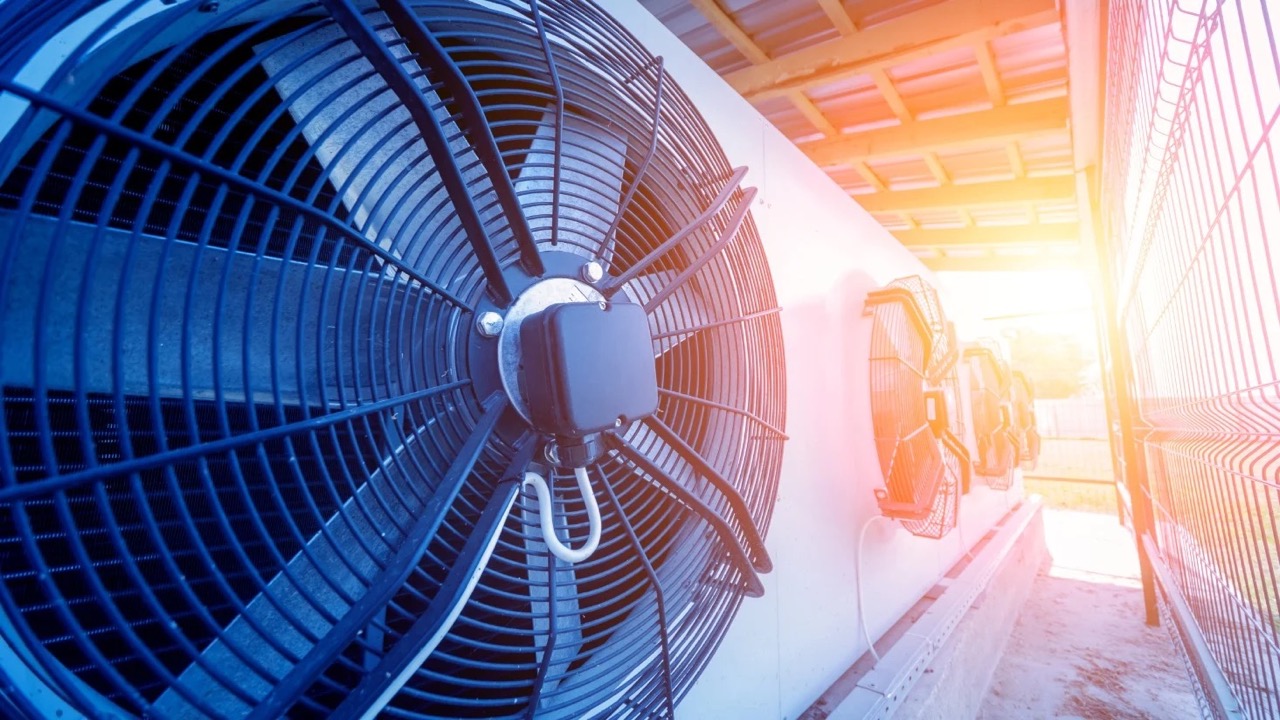

Articles
How Long Are HVAC Warranties
Modified: August 31, 2024
Find out the duration of HVAC warranties in this comprehensive article. Discover the importance of understanding warranty terms for your heating and cooling systems.
(Many of the links in this article redirect to a specific reviewed product. Your purchase of these products through affiliate links helps to generate commission for Storables.com, at no extra cost. Learn more)
Introduction
Heating, Ventilation, and Air Conditioning (HVAC) systems play a crucial role in keeping our homes comfortable and maintaining indoor air quality. As with any significant investment, it is important to protect your HVAC system with a warranty. A warranty offers peace of mind, ensuring that any potential issues or malfunctions will be covered and repaired without incurring additional costs.
Understanding HVAC warranties is essential to make informed decisions and maximize the benefits of your warranty coverage. In this article, we will explore the key aspects of HVAC warranties, including their length, coverage, and important considerations.
So, let’s dive into the world of HVAC warranties and explore everything you need to know to protect your investment.
Key Takeaways:
- HVAC warranties typically range from 1 to 10 years, but can be extended for additional coverage. Registering your system, professional installation, and regular maintenance can impact the length and validity of your warranty.
- Manufacturer warranties come standard with HVAC systems, but extended warranties offer additional coverage. Registering your system can lead to extended warranty benefits, including recall notifications and customer support.
Read more: How Long Is A Roof Warranty
Understanding HVAC Warranties
An HVAC warranty is a contractual agreement between the manufacturer and the consumer that outlines the terms and conditions of repair or replacement of specific components of the HVAC system within a given period. It provides the assurance that if any part or component fails due to manufacturing defects or workmanship issues, the manufacturer will cover the expenses of repair or replacement.
There are several types of HVAC warranties available, including system warranties, parts warranties, and labor warranties. System warranties generally cover the entire HVAC system, including the compressor, coils, heat exchanger, and other major components. Parts warranties, on the other hand, cover specific parts or components, such as motors, valves, or sensors. Labor warranties typically cover the cost of labor involved in repairing or replacing the covered parts.
The length of an HVAC warranty can vary depending on various factors, including the manufacturer, the type of warranty, and even the specific model of the HVAC system. It is common to find warranties ranging from 1 year to 10 years, with some manufacturers offering extended warranties for an additional fee.
It is important to note that HVAC warranties vary in their coverage. Some warranties may cover only parts, while others may also cover labor costs. Additionally, most warranties will have limitations and exclusions, such as voiding the warranty if the HVAC system is not properly maintained or if unauthorized repairs or modifications are made.
Understanding the terms and conditions of your specific warranty is crucial to ensure you can take full advantage of its benefits and avoid any potential issues regarding coverage.
Factors Affecting HVAC Warranty Length
The length of an HVAC warranty can vary depending on several factors. These factors can include:
- Manufacturer: Different manufacturers may offer different warranty lengths for their HVAC systems. Some manufacturers may have a standard warranty period for all their products, while others may offer extended warranties for premium models or as an optional upgrade.
- Type of System: The type of HVAC system you choose can also impact the warranty length. For example, a central air conditioning system may have a different warranty period compared to a ductless mini-split system or a heat pump. It is essential to understand the specific warranty terms for your chosen system.
- Registered vs. Unregistered Systems: Registering your HVAC system with the manufacturer can often extend the warranty period. Many manufacturers require you to register your system within a specific timeframe, usually within a few months of installation, to be eligible for the full warranty coverage. Failure to register your system may result in a shorter warranty period.
- Professional Installation: Having your HVAC system professionally installed by a licensed technician can sometimes impact the warranty length. Some manufacturers may require professional installation to ensure that the system is properly set up and operated according to their specifications.
- Maintenance Requirements: Regular maintenance is crucial to keep your HVAC system running efficiently and prevent potential issues. Some manufacturers may require proof of routine maintenance, such as annual inspections or servicing by a qualified technician, to maintain the warranty coverage. Failure to comply with maintenance requirements may void the warranty.
- Additional Warranty Options: In some cases, manufacturers or HVAC contractors may offer extended warranty options for an additional fee. These extended warranties can provide longer coverage and additional benefits, giving you extra protection for your HVAC investment.
It is important to carefully review the warranty terms and conditions provided by the manufacturer for your specific HVAC system. Understanding the factors that can affect the warranty length will help you make an informed decision and ensure that you have the appropriate coverage for your HVAC system.
Common HVAC Warranty Terms and Coverage
HVAC warranties can vary in their terms and coverage, but there are some common elements that are typically included. These terms and coverage areas include:
- Parts Coverage: Most HVAC warranties cover the repair or replacement of specific parts that fail due to manufacturing defects or workmanship issues. These parts can include compressors, coils, heat exchangers, motors, valves, sensors, and other essential components of the system.
- Labor Coverage: Some warranties may include labor costs associated with repairing or replacing covered parts. This means that if a covered component fails, the manufacturer will not only provide the replacement part, but also cover the cost of hiring a qualified technician to perform the repairs.
- Term Length: The duration of the warranty, or the term length, is an important aspect to consider. Standard warranty lengths typically range from 1 year to 10 years, though some manufacturers may offer longer warranties for certain components or systems.
- Transferability: Some warranties are transferable, meaning they can be transferred to a new homeowner if you decide to sell your home. This can be a valuable selling point for potential buyers, as it provides them with the assurance that the HVAC system is still under warranty.
- Exclusions and Limitations: HVAC warranties often have exclusions and limitations that specify situations or actions that are not covered. These exclusions can include improper installation, lack of proper maintenance, and unauthorized modifications or repairs. It is important to carefully read and understand these exclusions to know what is and isn’t covered by the warranty.
- Manufacturer Responsibility: The manufacturer’s responsibility under the warranty typically includes providing replacement parts or repairing the HVAC system. However, it is important to note that warranties do not usually cover expenses such as shipping, removal, disposal, or consequential damages arising from the HVAC system’s failure.
It is crucial to thoroughly read and understand the warranty terms and coverage before making any assumptions about the level of protection it provides. If you have any questions or concerns, it is recommended to contact the manufacturer or an HVAC professional for clarification.
Manufacturer Warranty vs Extended Warranty
When purchasing an HVAC system, you will typically receive a manufacturer warranty. This basic warranty is provided by the HVAC manufacturer and covers certain parts and components of the system for a specific period of time. However, you may also have the option to purchase an extended warranty, which offers additional coverage beyond the manufacturer’s warranty. Let’s explore the differences between a manufacturer warranty and an extended warranty:
Manufacturer Warranty:
A manufacturer warranty is included with the purchase of most HVAC systems and provides coverage for a predetermined period of time, usually ranging from 1 to 10 years. This warranty typically covers the repair or replacement of specific parts that fail due to manufacturing defects or workmanship issues. The manufacturer warranty may also include limited labor coverage, although this may vary depending on the manufacturer.
Manufacturer warranties are generally standard and come with the HVAC system at no extra cost. However, it is essential to read and understand the terms and conditions of the warranty, as certain actions or situations may void the warranty, such as improper installation or neglecting routine maintenance.
Extended Warranty:
An extended warranty, also known as a service agreement or protection plan, provides additional coverage beyond the manufacturer’s warranty. These warranties are usually offered by either the HVAC manufacturer or a third-party provider and can be purchased for an additional fee.
The extended warranty can extend the coverage period for particular parts or components, often up to 10 years or more. It may also offer enhanced labor coverage, covering the cost of labor associated with repairs or replacements. Additionally, extended warranties may provide benefits such as priority service, discounts on parts, or reimbursement for lodging or food expenses if your HVAC system fails while you are away from home.
It is important to carefully review the terms and conditions of the extended warranty, as they may have different coverage limitations and exclusions compared to the manufacturer warranty. The cost of the extended warranty will vary depending on factors such as the length of coverage, the type of system, and the level of coverage provided.
When deciding whether to purchase an extended warranty, consider factors such as the reliability of the HVAC system, the longevity of the components, and your personal preferences for added protection. Evaluate the cost of the extended warranty against the potential repair or replacement expenses you may incur without it.
Regardless of whether you choose to rely solely on the manufacturer warranty or opt for an extended warranty, it is essential to maintain proper documentation, including proof of purchase, installation records, and maintenance records, as these may be required when making a warranty claim.
Tip: HVAC warranties typically range from 5 to 10 years for parts and 1 to 2 years for labor. Be sure to review the warranty details before purchasing a new HVAC system.
Read more: How Long Are Mattress Warranties
Importance of Registering Your HVAC System
Registering your HVAC system with the manufacturer is a crucial step that many homeowners overlook or forget to do. However, it is important to understand the significance of registering your HVAC system and the benefits it provides. Let’s explore why registering your HVAC system is important:
1. Extended Warranty Coverage:
Registering your HVAC system often extends the warranty coverage beyond the standard manufacturer warranty. Many manufacturers offer an extended warranty or additional benefits for those who register their systems within a specific timeframe, typically within a few months of installation. By registering your system, you can enjoy the peace of mind of extended warranty coverage, protecting your investment for a longer period.
2. Proof of Ownership:
Registering your HVAC system provides proof of ownership. This can be particularly beneficial if you plan to sell your home in the future. Potential homebuyers value having a registered HVAC system, as it assures them that the system is still under warranty and provides added protection.
3. Recall Notifications:
Registering your HVAC system allows the manufacturer to communicate with you directly if there are any recalls or safety notifications related to your specific model. Being informed about any potential issues or safety concerns ensures that necessary actions can be taken promptly to address them, keeping your HVAC system running efficiently and potentially avoiding any hazards.
4. Warranty Claims:
In the event that you need to make a warranty claim, registering your HVAC system simplifies the process. The manufacturer will have your information on file, making it easier to verify your warranty coverage and process your claim efficiently. It also reduces the risk of any potential delays or disputes that may arise if you did not register your system.
5. Customer Support:
Registering your HVAC system allows you to access customer support services provided by the manufacturer. If you have any questions, concerns, or technical issues with your system, you can reach out to the manufacturer’s customer support team for assistance. Having your system registered ensures that you are eligible for these support services.
6. Product Updates:
Registered HVAC systems often receive product updates and information about new features or technologies. By staying connected with the manufacturer, you can stay informed about any advancements or improvements that may enhance the performance and efficiency of your HVAC system.
Registering your HVAC system is a simple process that usually involves providing your contact information, installation details, and the model and serial numbers of your system. You can typically register your system online through the manufacturer’s website or by mail using the registration card provided with the system.
To ensure that your warranty coverage is valid, it is important to register your HVAC system as soon as possible after installation. Take a few minutes to complete the registration process, and enjoy the benefits and added peace of mind that come with it.
How to Make a Warranty Claim
If you encounter a problem with your HVAC system that is covered under warranty, it is essential to know how to make a warranty claim. Here are the general steps to follow when making a warranty claim:
1. Review the Warranty Terms:
Start by reviewing the warranty terms and conditions provided by the manufacturer. Familiarize yourself with the coverage details, including what is and isn’t covered, any limitations, and the process for making a claim.
2. Gather Documentation:
Gather all the necessary documentation related to your HVAC system, including proof of purchase, installation records, and maintenance records. This documentation may be required when making a warranty claim, so ensure that you have it readily available.
3. Contact the Manufacturer:
Contact the manufacturer directly to initiate the warranty claim process. You can usually find the manufacturer’s contact information on their website or in the warranty documentation. Provide them with all the relevant details regarding the issue you are experiencing and any supporting documentation they may require.
4. Follow Manufacturer’s Instructions:
Follow the instructions provided by the manufacturer regarding how to proceed with your warranty claim. They may ask you to provide additional information, schedule a service appointment with an authorized technician, or send in the defective parts for inspection. Be sure to comply with their instructions to ensure a smooth and efficient warranty claim process.
5. Work with Authorized Technicians:
If the manufacturer requires working with authorized technicians for repairs or replacements, make sure to schedule an appointment with a qualified professional. Authorized technicians have the expertise and training to properly diagnose and address the issue while ensuring that the warranty coverage remains intact.
6. Keep Records:
Throughout the warranty claim process, keep detailed records of all communication with the manufacturer and any service or repair work performed. This documentation will serve as evidence of your efforts to address the issue and can be helpful in case of any disputes or follow-up inquiries.
7. Follow Up:
If your warranty claim is taking longer than expected to process or if you encounter any difficulties, follow up with the manufacturer. Timely communication ensures that your claim is being handled and resolved promptly.
8. Maintain Communication:
Throughout the warranty claim process, maintain open communication with the manufacturer to stay updated on the progress of your claim. This will help alleviate any concerns and ensure that you are informed about any additional steps or requirements.
Remember, it is crucial to follow the specific instructions and procedures outlined by the manufacturer for making a warranty claim. By following these steps and maintaining proper documentation, you can ensure a smooth and successful warranty claim experience.
Tips for Maintaining Your HVAC System Warranty
Maintaining your HVAC system warranty is essential to ensure that you can take full advantage of its benefits and coverage. Here are some important tips to help you maintain your HVAC system warranty:
1. Read and Understand the Warranty Terms:
Thoroughly read and understand the terms and conditions of your HVAC system warranty. Pay attention to any maintenance requirements, limitations, or exclusions outlined in the warranty documentation. This will help you understand what is expected of you to maintain the warranty validity.
2. Schedule Regular Professional Maintenance:
Most HVAC warranties require regular professional maintenance to be performed on the system. Schedule annual maintenance inspections and servicing by a qualified technician. Keep records of the maintenance visits as proof that you have complied with the warranty requirements.
3. Follow Maintenance Guidelines:
Follow any maintenance guidelines provided by the manufacturer. This may include tasks such as regularly changing air filters, cleaning coils, and keeping the outdoor unit free from debris. Maintaining proper maintenance practices not only extends the life of your HVAC system but also ensures that you are meeting the warranty requirements.
4. Use Authorized Parts and Service Centers:
If your HVAC system requires any repairs or replacements, ensure that authorized parts and service centers are used. Using non-authorized parts or unauthorized technicians can void the warranty. Verify that the parts used for repairs are genuine and compatible with your specific system.
5. Document all Maintenance and Repairs:
Keep detailed records of all maintenance visits and repairs conducted on your HVAC system. Retain copies of invoices, receipts, and any other relevant documents. This documentation serves as evidence that you have properly maintained your system and can be essential if you need to make a warranty claim.
6. Register Your System:
Ensure that you register your HVAC system with the manufacturer as soon as possible after installation. Registration often extends the warranty coverage and provides the manufacturer with the necessary information to expedite any warranty claims.
7. Avoid DIY Repairs:
Avoid attempting to repair or modify your HVAC system yourself, as unauthorized repairs or modifications can void the warranty. If you encounter any issues, contact an authorized technician or the manufacturer’s customer support for assistance.
8. Respond to Issues Promptly:
If you notice any issues or malfunctions with your HVAC system, address them promptly. Ignoring problems or delaying repairs can worsen the condition of the system and may result in additional damages, which may not be covered by the warranty.
9. Maintain Proof of Purchase:
Keep a copy of the original purchase receipt or invoice as proof of purchase. This document will be necessary if you need to make a warranty claim, especially if the warranty claim process extends beyond the initial installation period.
10. Stay Informed:
Stay informed about any updates or changes to your HVAC system’s warranty. Periodically check the manufacturer’s website or contact their customer support for any notifications or revised terms and conditions.
By following these tips, you can ensure that your HVAC system warranty remains valid and provides you with the peace of mind and protection you expect. Regular maintenance, proper documentation, and compliance with warranty requirements are key to maintaining a valid warranty for your HVAC system.
Additional Considerations for HVAC Warranty Coverage
While understanding the basics of HVAC warranties is important, there are additional factors to consider when it comes to warranty coverage for your HVAC system. These considerations can impact the validity and extent of your warranty. Let’s explore some of these additional considerations:
1. Unauthorized Repairs or Modifications:
One common way to void your HVAC warranty is by performing unauthorized repairs or modifications on your system. It is crucial to contact authorized technicians or service centers approved by the manufacturer to ensure that any repairs or modifications are done correctly and within warranty guidelines.
2. DIY Installation:
While it may be tempting to save money by installing your HVAC system yourself, doing so can void the warranty. HVAC manufacturers typically require professional installation to ensure that the system is properly set up and operates according to their specifications. Always rely on licensed professionals for installation and keep records of their work.
3. Neglecting Regular Maintenance:
Maintaining your HVAC system is not only important for its performance but also for warranty coverage. Most warranties require routine maintenance, such as annual inspections and servicing, to remain valid. Neglecting maintenance can result in warranty voidance, so be sure to keep up with the recommended servicing schedule and document all maintenance activities.
4. Lack of Proper Documentation:
Proper documentation is crucial when it comes to warranty coverage. Keep copies of all your HVAC-related documents, including purchase receipts, installation records, and maintenance receipts. This documentation serves as proof of ownership, valid installation, and compliance with maintenance requirements.
5. Location and Climate Considerations:
The location and climate where your HVAC system is installed can also impact warranty coverage. Some manufacturers may have specific requirements for systems placed in certain climates or regions. For example, if your HVAC system is installed in a coastal area where saltwater corrosion is a concern, it is important to ensure that your warranty covers such issues.
6. End-of-Warranty Inspections:
Some HVAC warranties may require end-of-warranty inspections to maintain coverage. These inspections serve to assess the condition of the system and identify any potential issues before the warranty period expires. Failure to comply with these inspections may result in a voided warranty, so be sure to schedule and document these evaluations.
7. Warranty Transferability:
Consider the transferability of your HVAC warranty if you plan to sell your home. Some warranties can be transferred to subsequent homeowners, which can be a valuable selling point. Confirm whether your warranty is transferable and what steps need to be taken to transfer the coverage to the new homeowners.
8. Manufacturer’s Reputation:
When choosing an HVAC system, consider the reputation of the manufacturer in terms of customer support and warranty service. A manufacturer with a solid reputation for standing behind their products can provide added assurance that warranty claims will be handled promptly and efficiently.
By considering these additional factors, you can ensure that your HVAC warranty coverage remains intact and that you fully understand the requirements and limitations associated with your specific system. It is always advisable to consult the warranty documentation and contact the manufacturer or authorized service providers for any clarifications or specific requirements related to your warranty coverage.
Read more: Which HVAC System Has The Best Warranty
Conclusion
Understanding HVAC warranties and how to maintain their coverage is crucial for homeowners. HVAC systems are significant investments, and warranties provide essential protection against unexpected repair or replacement costs. By following the tips and considerations outlined in this article, you can ensure that you maximize the benefits of your HVAC system warranty:
First and foremost, take the time to read and understand the terms and conditions of your HVAC system warranty. Familiarize yourself with the coverage, exclusions, and requirements outlined in the warranty documentation.
Regular maintenance is key to maintaining your HVAC system warranty. Schedule professional inspections and servicing according to the manufacturer’s recommendations. Keep records of all maintenance activities as proof of compliance.
Register your HVAC system with the manufacturer to extend the warranty coverage and ensure that you receive any recall notifications or updates regarding your specific model.
If you encounter any issues covered by the warranty, follow the proper procedure to make a warranty claim. Contact the manufacturer, provide the necessary documentation, and work with authorized technicians for repairs or replacements.
Be mindful of additional considerations that can impact your warranty coverage, such as avoiding unauthorized repairs or modifications, ensuring professional installation, and maintaining proper documentation of all HVAC-related records.
Lastly, consider the reputation and customer support of the manufacturer when selecting your HVAC system. A reputable manufacturer with dependable customer service can provide greater peace of mind when it comes to warranty claims and support.
By adhering to these guidelines and being proactive in maintaining your warranty coverage, you can enjoy the comfort and efficiency of your HVAC system while minimizing any unexpected expenses. Remember, when in doubt, consult the manufacturer or authorized technicians for any clarifications or further guidance regarding your specific warranty.
Protect your HVAC investment by understanding and maintaining your warranty coverage, and enjoy the reassurance and benefits it provides for years to come.
Frequently Asked Questions about How Long Are HVAC Warranties
Was this page helpful?
At Storables.com, we guarantee accurate and reliable information. Our content, validated by Expert Board Contributors, is crafted following stringent Editorial Policies. We're committed to providing you with well-researched, expert-backed insights for all your informational needs.
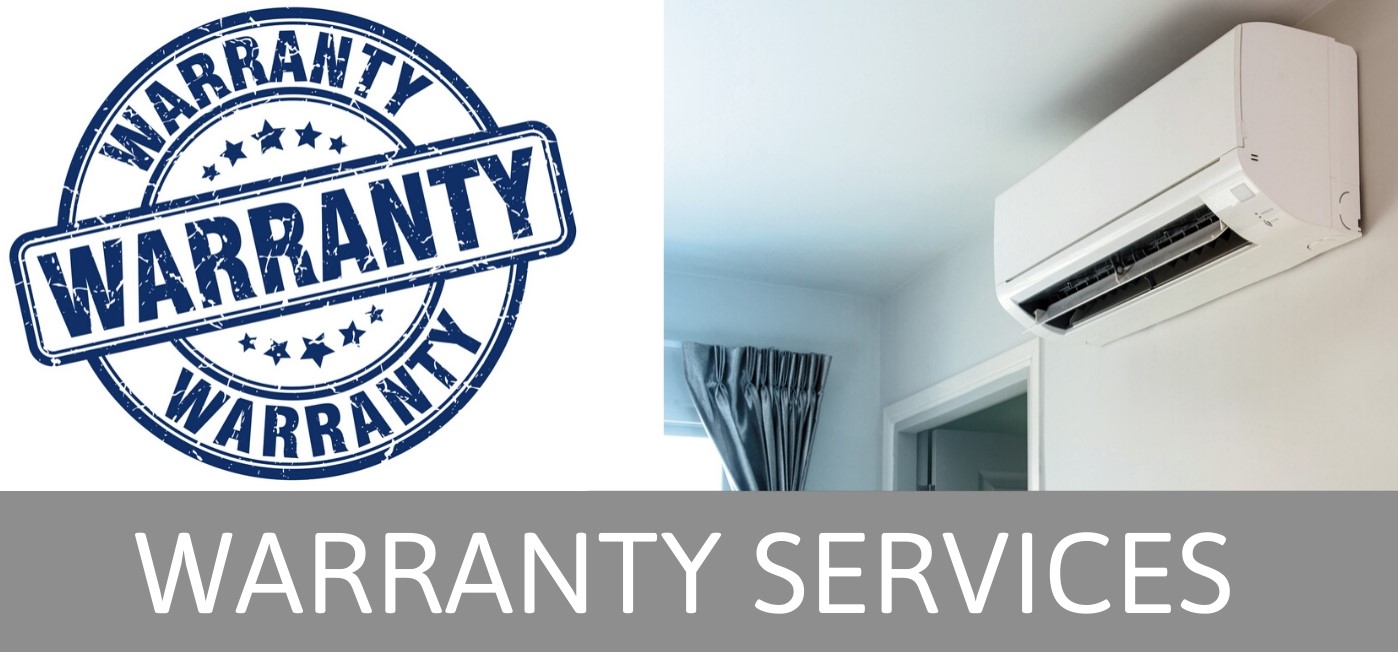
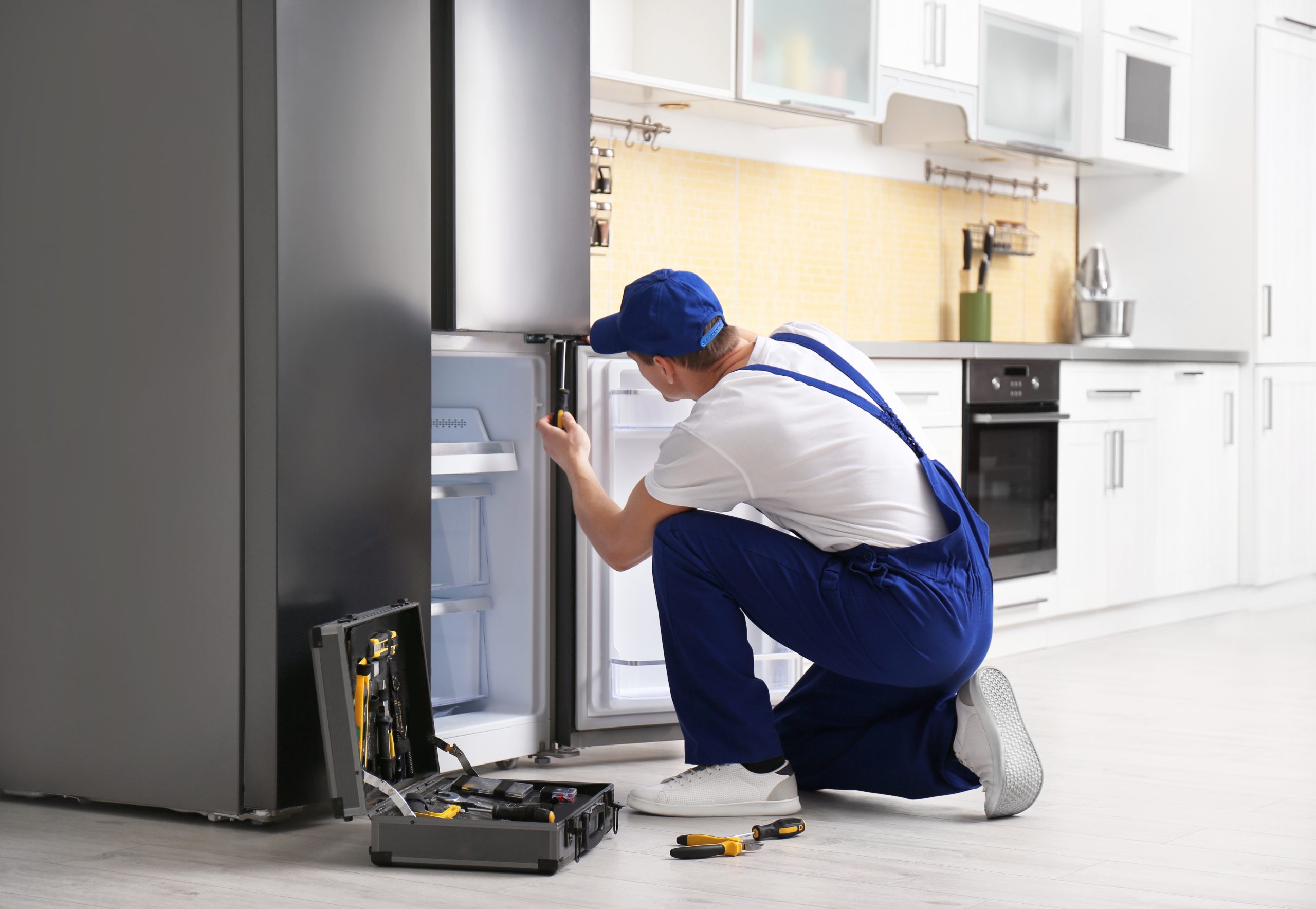
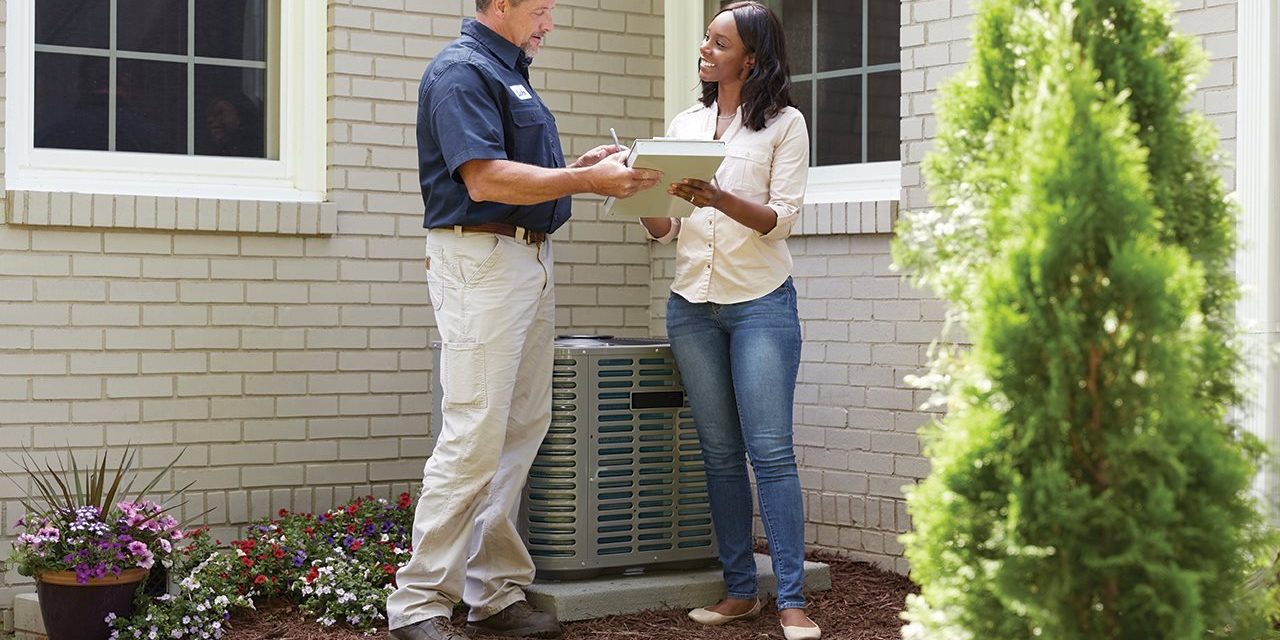
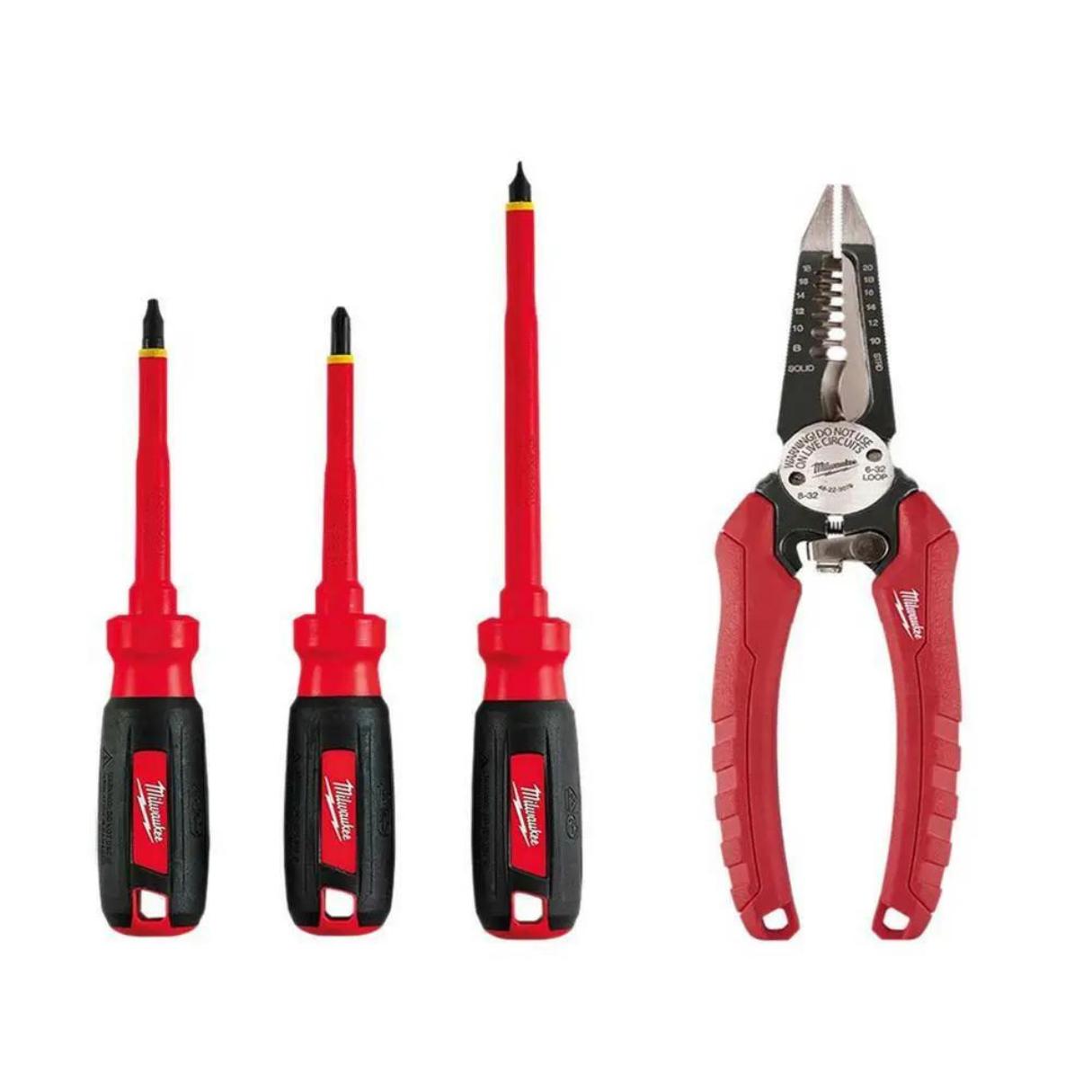
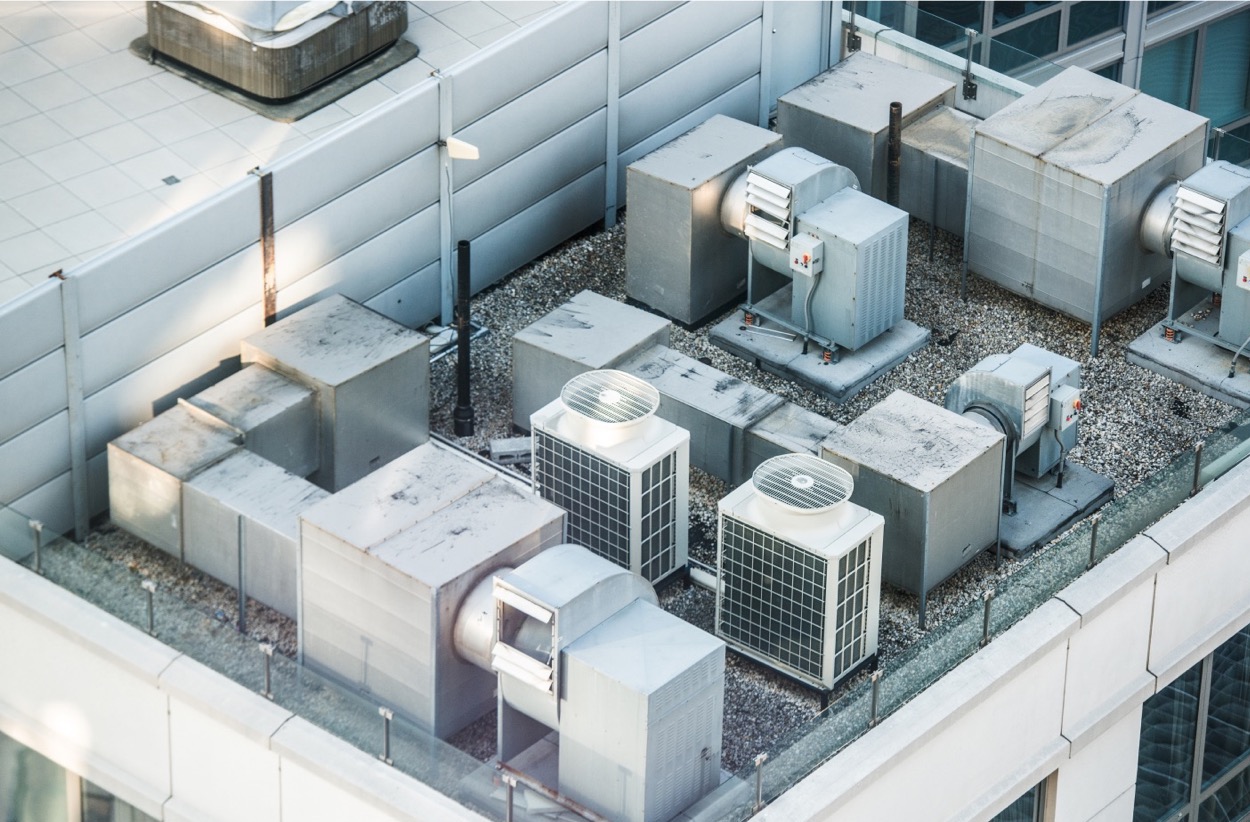
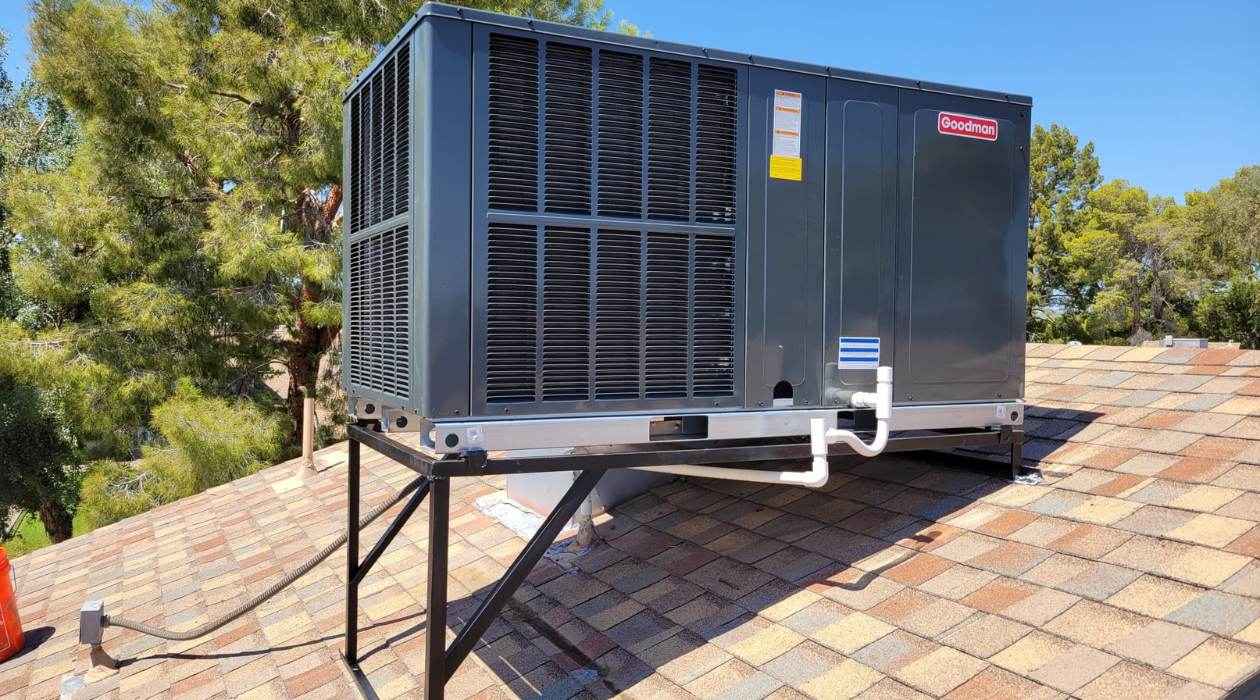
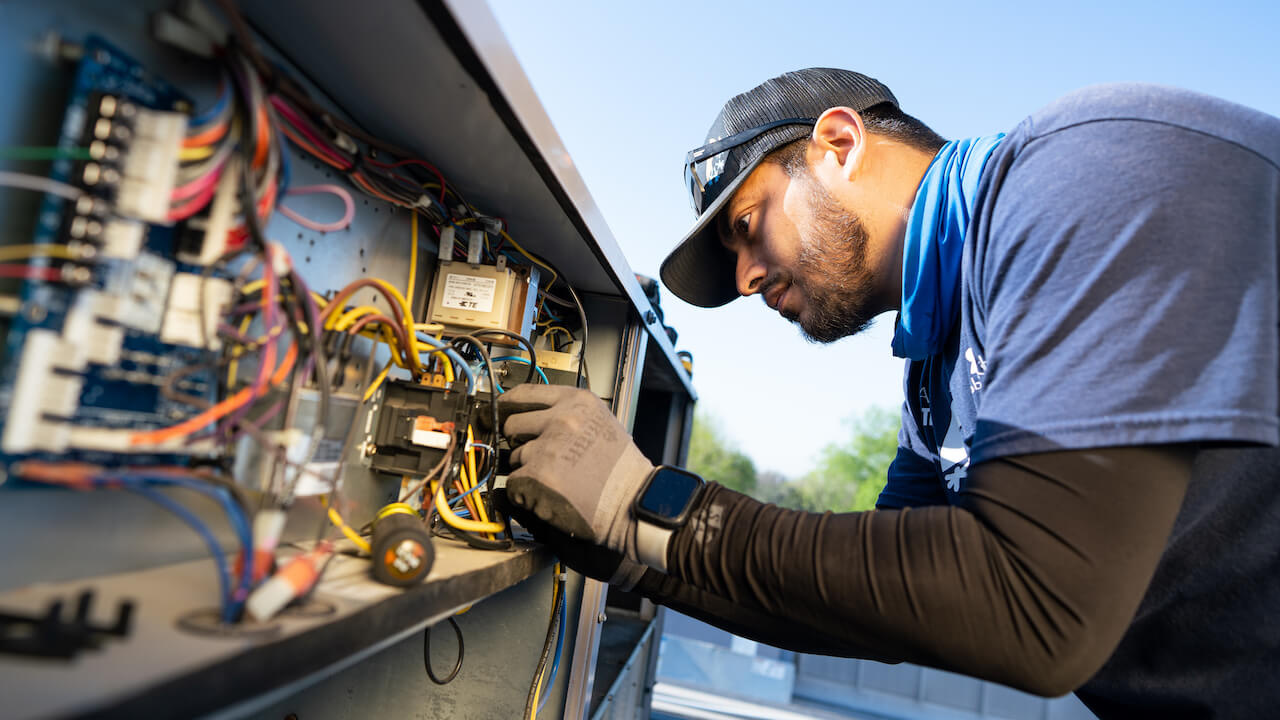
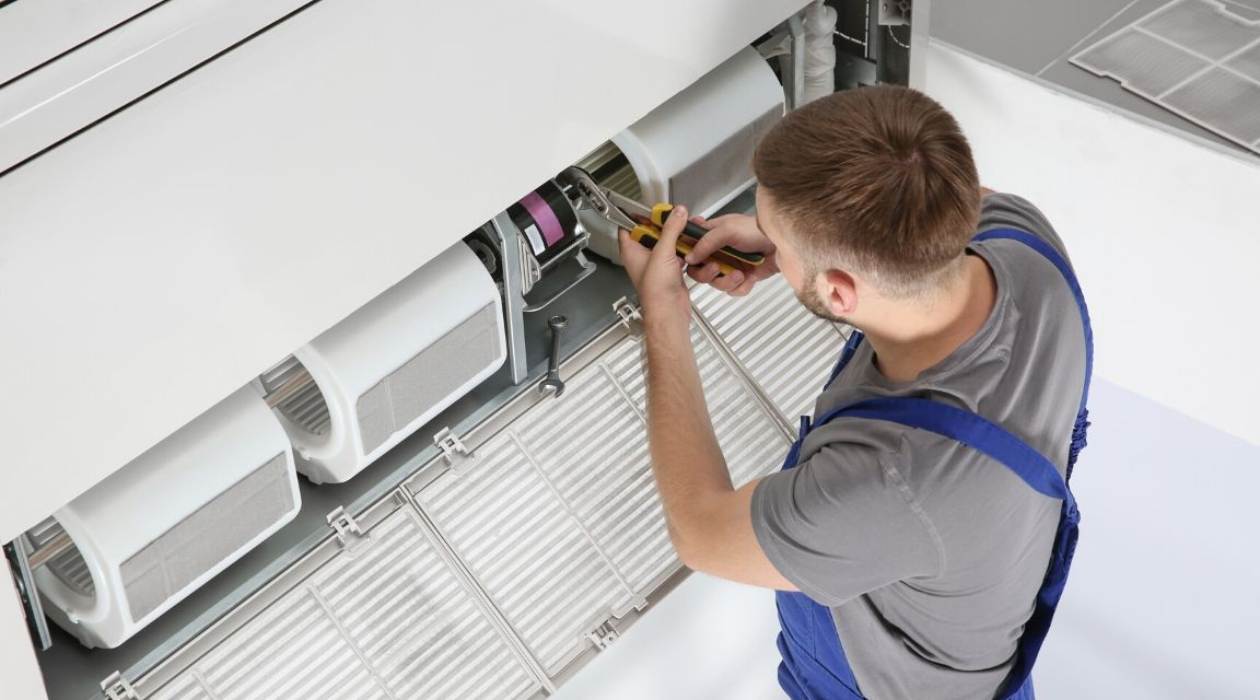
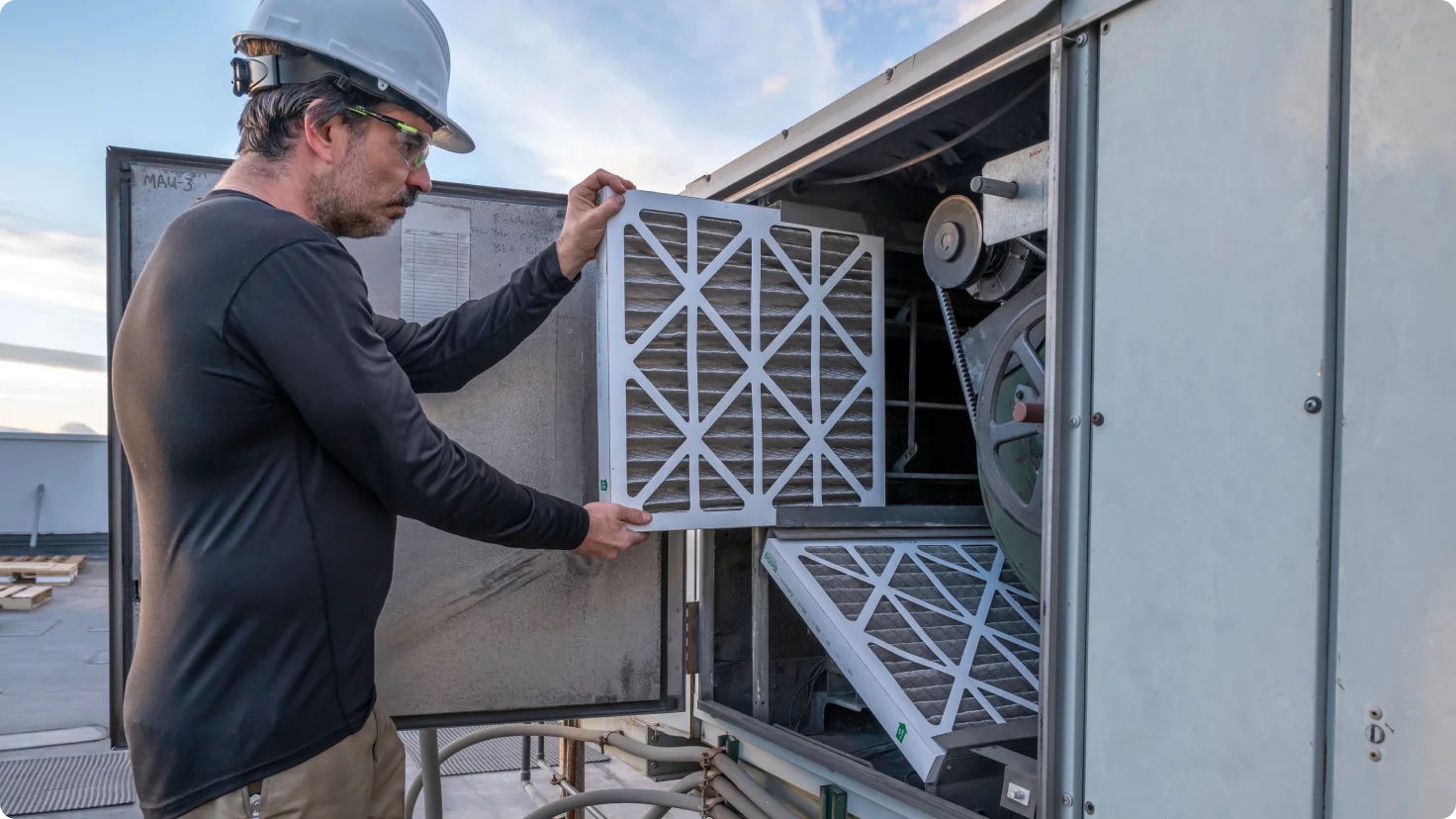
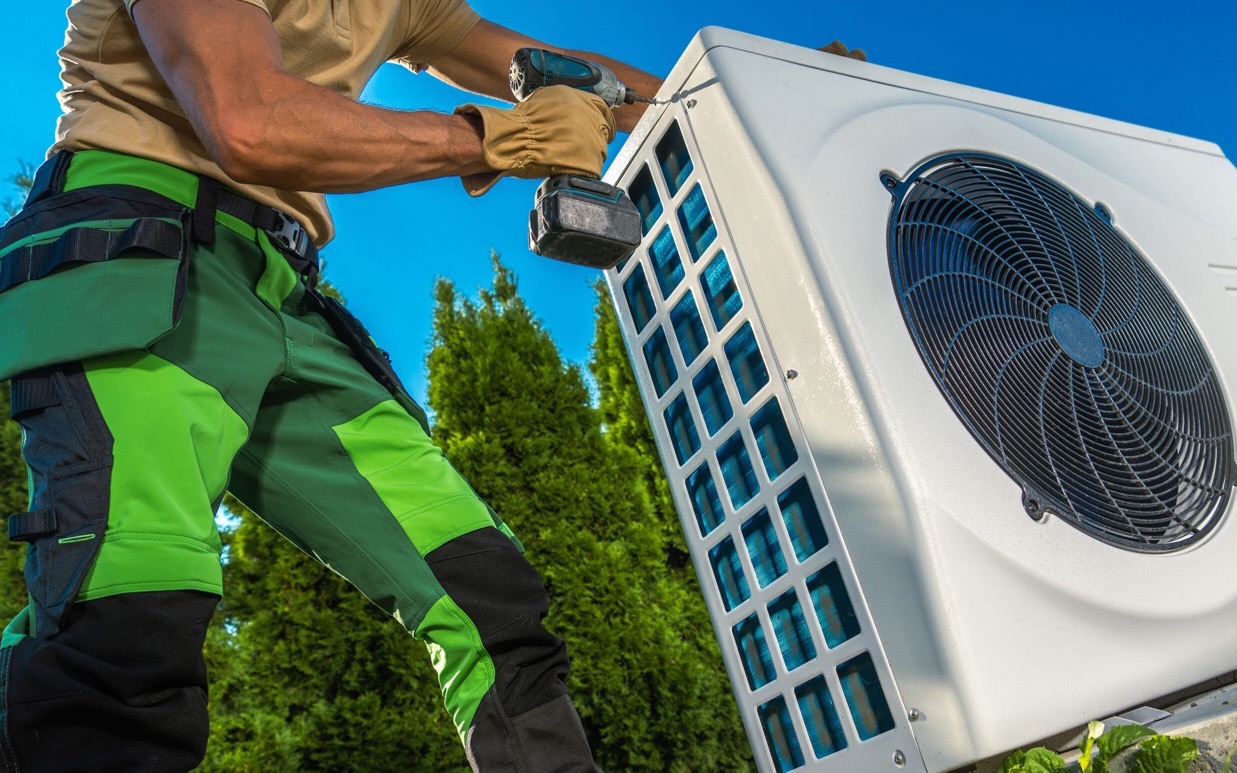


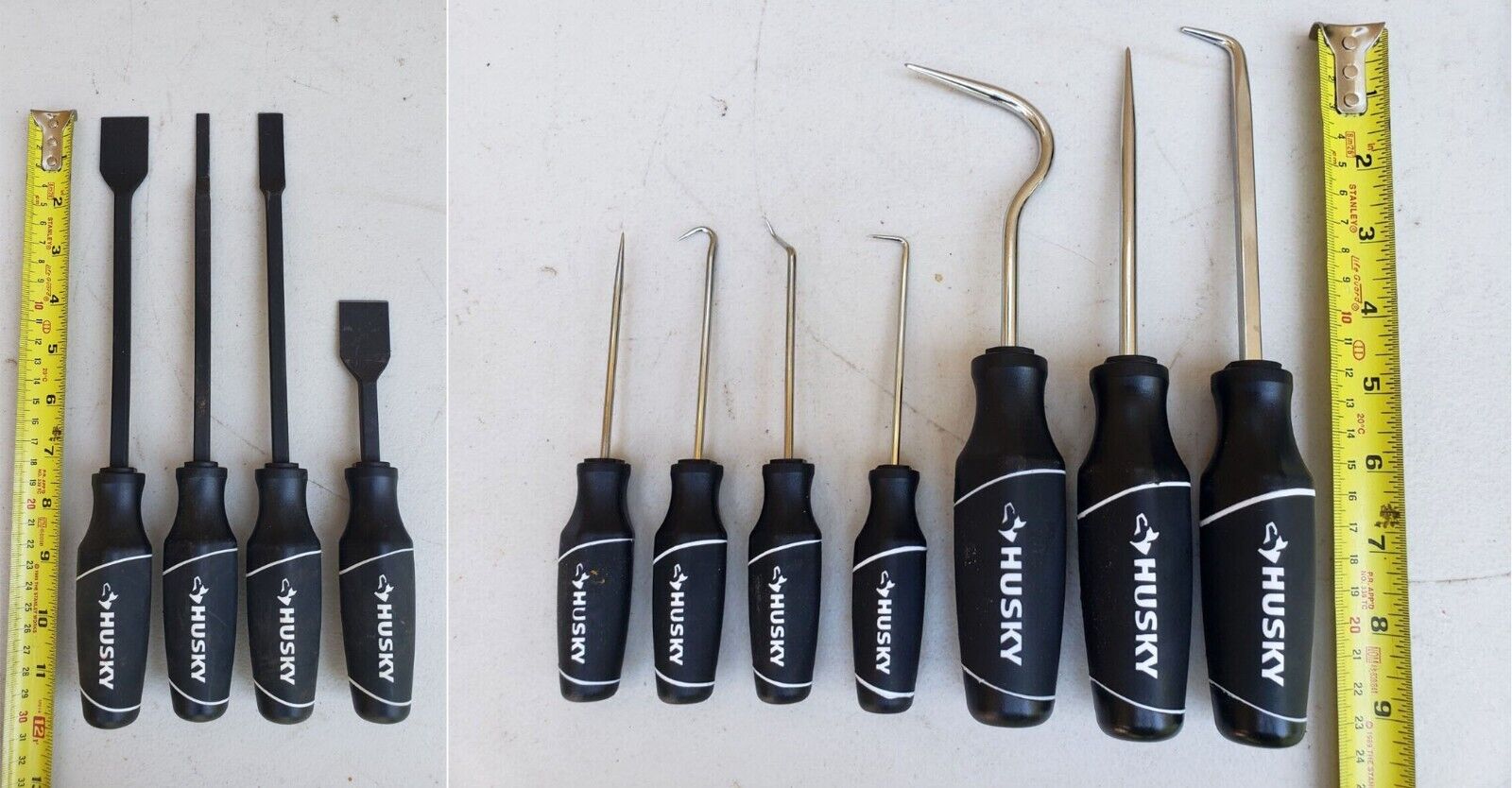

0 thoughts on “How Long Are HVAC Warranties”